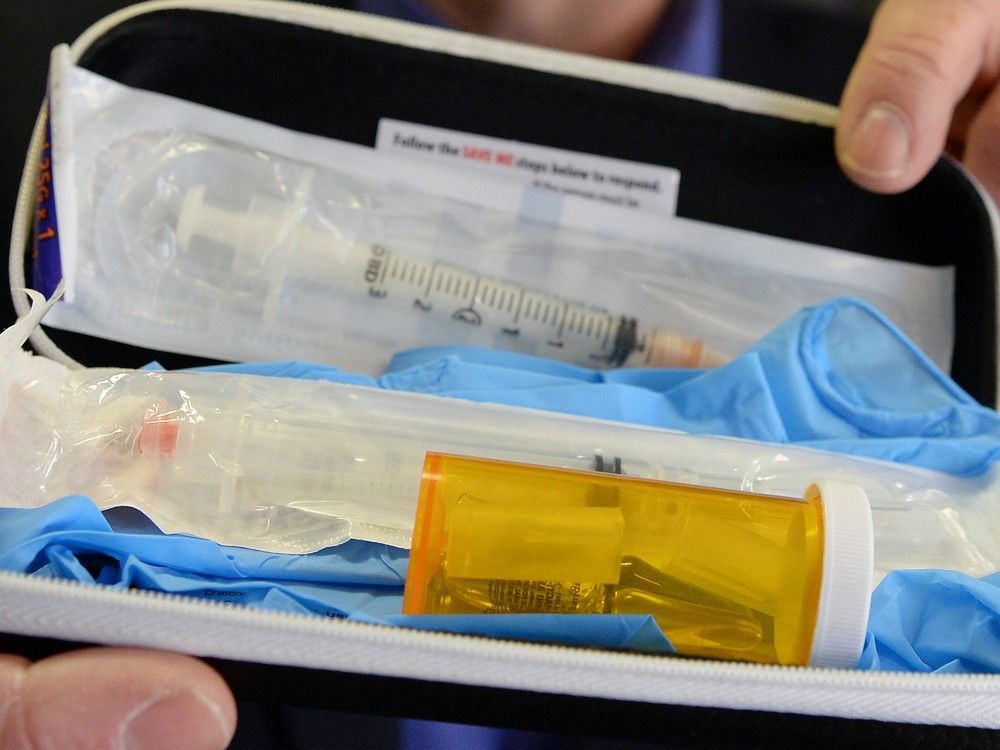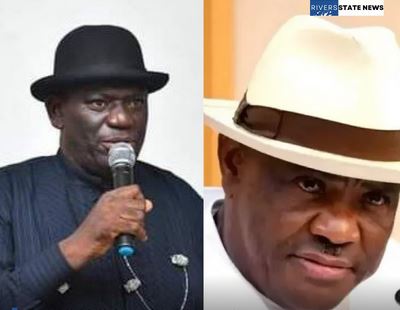
President Trump is entering a critical week for the economy amid growing fears that his penchant for tariffs could stall growth and undercut progress on inflation.Trump has described Wednesday as “Liberation Day,” when his administration will impose sweeping reciprocal tariffs on other nations with duties on U.S.
goods. The March jobs report will also be released on Friday, providing additional data about the strength of the labor market, particularly in the wake of thousands of federal government employees fired by the administration.Experts described the economy as at something of a crossroads.

Data about the labor market and wages have been generally positive, economists said. But the closely watched University of Michigan Survey of Consumers issued a report Friday that found consumer sentiment dropped to its lowest point since November 2022 amid fears of rising prices that could be worsened by tariffs.A recession is not inevitable, economists said.
But the direction of the economy will depend largely on how Trump and his team proceed in the weeks ahead.“The big question is do the sentiment data converge to the hard data, or do the hard data converge to the sentiment data?” said Michael Strain, director of economic policy studies at the American Enterprise Institute (AEI). “Because that divergence can’t persist for very long.
In my judgment, the sentiment data is entirely driven by policy choices from the administration. Therefore it’s kind of up to the White House which of those two things happen.”Trump has spoken glowingly about the state of the economy, blaming any residual inflation on what he inherited from President Biden.
Administration officials have noted the price of eggs has come down in recent weeks, gas prices are down from a year ago, and the February jobs report showed the labor market was steady.The wild card, though, has been Trump’s aggressive use of tariffs.Trump has already imposed tariffs on steel and aluminium imports, slapped an additional tariff on Chinese goods and imposed tariffs on imports from Canada and Mexico, albeit with a carveout for certain products that fall under a trade agreement signed in 2020.
Wednesday is when Trump has said reciprocal tariffs will go into effect, with the U.S. imposing duties on any nation that has a tariff on American goods.
It is also the day the U.S. will begin collecting a 25 percent tariff on all car imports.
He has threatened additional tariffs on pharmaceuticals, lumber and semiconductors, though specifics have not been announced.Economists have repeatedly warned that tariffs lead to higher prices for companies, which are often passed on to consumers.“The first term I think there was a lot more bluster than action on many fronts, including on tariffs,” said Kimberly Clausing, a professor at UCLA and former Treasury Department official in the Biden administration.
“I think the tariffs he’s levied so far...
are already much bigger than they were in the first term, and more seem to be coming,” Clausing said.Trump has tried to moderate expectations about the reciprocal tariffs in recent days, saying people would be “pleasantly surprised” and that the amount would be “somewhat conservative.”The president, who describes “tariff” as one of the most beautiful words in the dictionary, said this week that upcoming tariffs would make the U.
S. “rich” or would force other countries to lower their own trade barriers.He has argued the threat of a duty on imports would incentivize companies to bring manufacturing to the United States, pointing to investments in recent months from Apple, Hyundai and other businesses.
“Well, look, I think we're going to have a market the likes of which nobody's ever seen before, not in this country,” Trump said this week when asked how he could reassure Americans tariffs would not raise prices. “We had the best market ever in my first term. It was the strongest market ever, the best economy ever.
And I think this blows it away.”Treasury Secretary Scott Bessent argued in a Fox News interview that inflation is “under control,” even as he acknowledged prices were still too high for many Americans.“The prices got very elevated under the Biden administration,” Bessent said.
“So, we still have an affordability problem and we are trying to address that every day. But a good start to that will be getting energy prices down and getting interest rates down.”White House officials have described the economy as in a transitional period as Trump seeks to drastically reorient U.
S. trade policy. Trump himself would not predict whether there would be a recession when asked about it earlier this month during a Fox News interview.
There are warning signs about the direction of the economy that have given some experts pause.The University of Michigan’s consumer sentiment survey found two-thirds of respondents were bracing for higher unemployment rates in the next year, the highest mark since 2009. It also found respondents were bracing for prices to rise 5 percent in the next year.
Stocks sold off Friday after new federal data showed prices rising faster than expected, with the Dow Jones Industrial Average, Nasdaq composite and the S&P 500 index all down on the day.While Trump has downplayed dips in the stock market during his second term, arguing it’s not an accurate barometer of whether his policies are working, it is still reflective of general unease with his administration’s moves.“I do worry we’re moving into a sort of stagflationary period, and those are very hard to deal with,” said Mark Witte, an economics professor at Northwestern University.
Stagflation refers to a period of high inflation and stagnant economic growth. Addressing it can be difficult, experts said, because policy that might boost economic growth could worsen inflation, while efforts to bring down inflation could further slow growth.Trump won the 2024 election in part because polling showed voters trusted him more on the economy and were frustrated with the Biden administration's handling of the issue.
Experts have said Trump inherited an economy that was in good shape, with inflation down from the highs of 2022 and 2023, the stock market in a strong position and unemployment at about 4 percent.“I’m not expecting a recession,” said Strain, the AEI economist. “But part of the reason is because I am expecting that the administration will not keep these policies in place for long enough to cause a recession.
“I think the administration could cause a recession through trade policy, but I think that’s harder to do than most people think,” he added. “And we would have to have tariffs that are, I think, quite a bit higher than the administration is likely going to do..















